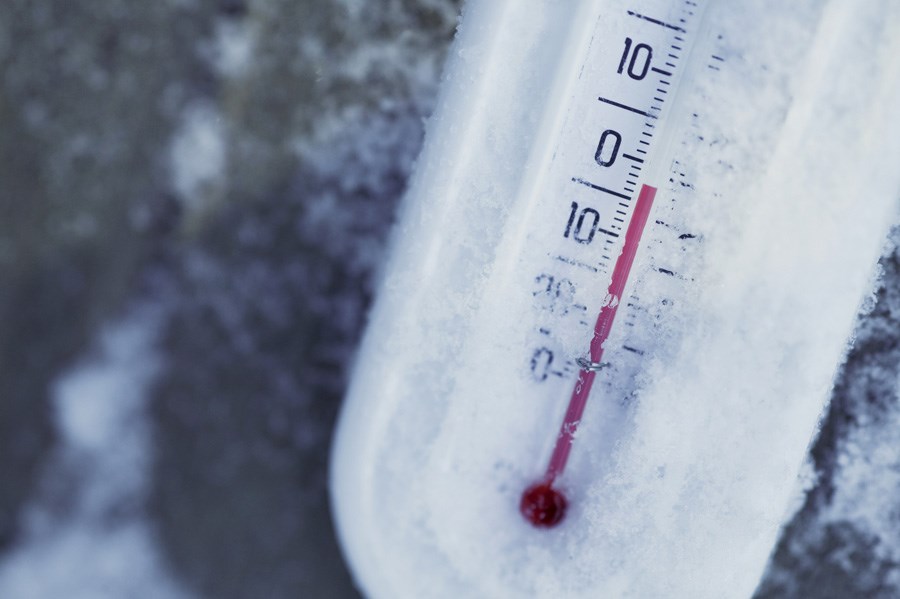With an average temperature not too far below the freezing point, this has been one of the warmest winters in recorded history, but far from the snowiest.
Recorded at the Guelph Turfgrass Institute, the average temperature between the start of December and the end of February, which is considered the meteorological winter, was -2.2 C.
That’s the fifth-warmest winter in the city’s recorded history, said Steven Flisfeder, a meteorologist with Environment and Climate Change Canada.
“It’s definitely been a very warm winter,” he said, noting there’s no information available for 1974. “Every single month in the meteorological winter has been above normal, especially January where we saw across southwestern temperatures anywhere from four to six degrees Celsius above their seasonal normal.”
The government agency has used six weather stations at various times in the city. Its records show the warmest Guelph winter took place in 1931, when the average daily temperature was -0.8 degrees Celsius.
That’s followed by 1889 (-1.3), 2001 (-2.1) and 2015 (-2.12).
“This winter has been an odd one,” said Guelph resident Mark Robinson, meteorologist with The Weather Network and a host of the Storm Hunters docuseries.
“Normally we have quite a bit more snowpack, the Grand River’s usually frozen over and we’re not looking at anything like that this year.”
Data from the turfgrass institute weather station on College Avenue shows the average daily temperature in December was -1.8 degrees Celsius, while it was -2.1 degrees Celsius in January and -2.9 degrees Celsius last month.
In terms of precipitation recorded at Guelph Turfgrass Institute, the first eight days of March saw 21.8 mm of total liquid equivalent – the amount of water produced when snow and fallen ice pellets are melted down.
During the meteorological winter months, there was a total liquid equivalent of 205.7 mm of precipitation, with 73.9 mm in February, 63 mm in January and 68.8 mm in December.
That’s the 22nd-most in local recorded history, Flisfeder said, noting the highest level was in 1949 with 392.4 mm.
“We don’t have reliable snowfall records for Guelph,” he noted.
